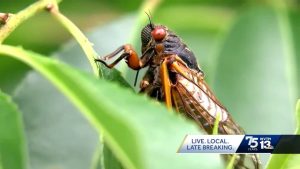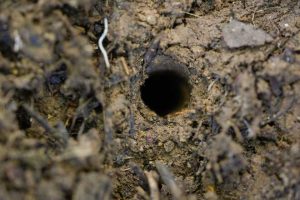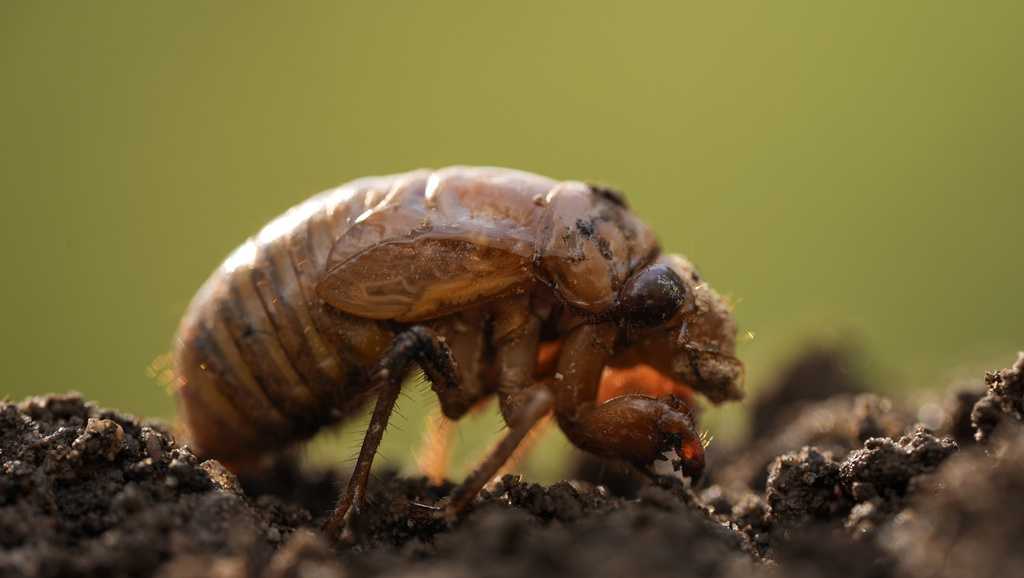We are expected to know about a cacophony of cicada calls, which have not been known for the last 13 years, as trillions of insects emerge from their underground homes.
This year’s emergence is more popular because, around the middle of May, 13-year periodical cicadas with Brood XIX and 17-year periodical cicadas with Brood XIII will sync up and emerge simultaneously for the first time since 1803.

This is a 17-year cycle brood, but it doesn’t live this far south, and that’s why double emergence will just look like a single emergence for Alabama. A small area in Central Illinois will bear the brunt of both broods, but we’ll still see and hear hundreds of millions of cicadas in just a few weeks.
The last time Brood XIX was seen in Alabama was in 2011. This year’s emergence is expected to be much the same as in 2011. A person living in an area where many insects are emerging is most likely to see a lot next month. Dr. John Abbott, an entomologist at the University of Alabama, says, “In the thickest areas, they will be hanging from the trees and dropping off. If you are in the thick of it and see it, you won’t forget it.”
Abbott says the cicadas we’ll soon meet hatched in 2011 and dropped on the ground, where they burrowed and have been feeding on tree and shrub roots since. They’ll all emerge as adults.

Abbott says that that’s the male’s male mating call, which can reach the 110-decibel range. The CDC compares that noise level to nightclubs, rock concerts, or someone shouting directly into your ear.
While they’re looking for love, many will be eaten by predators, and animals, from dogs and raccoons to birds and snakes, will feast.
According to Abbott, “Some of them will certainly lose their lives due to predation, but most of them will survive, be able to mate and reproduce and get their genes into the next generation, which is what they want to do.”
Abbott says while cicadas may be a nuisance, they don’t bite or sting and don’t cause much damage to crops. They’ll mate, and the females will lay their eggs; in 4 to 6 weeks, they’ll all die, and the cycle will repeat itself in 2037.















Leave a Reply